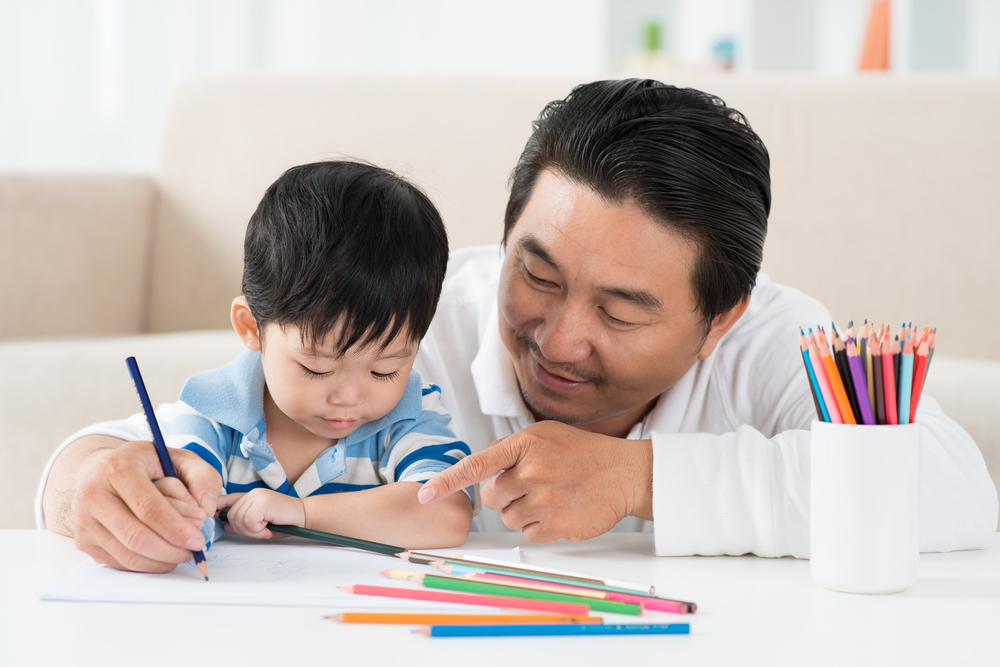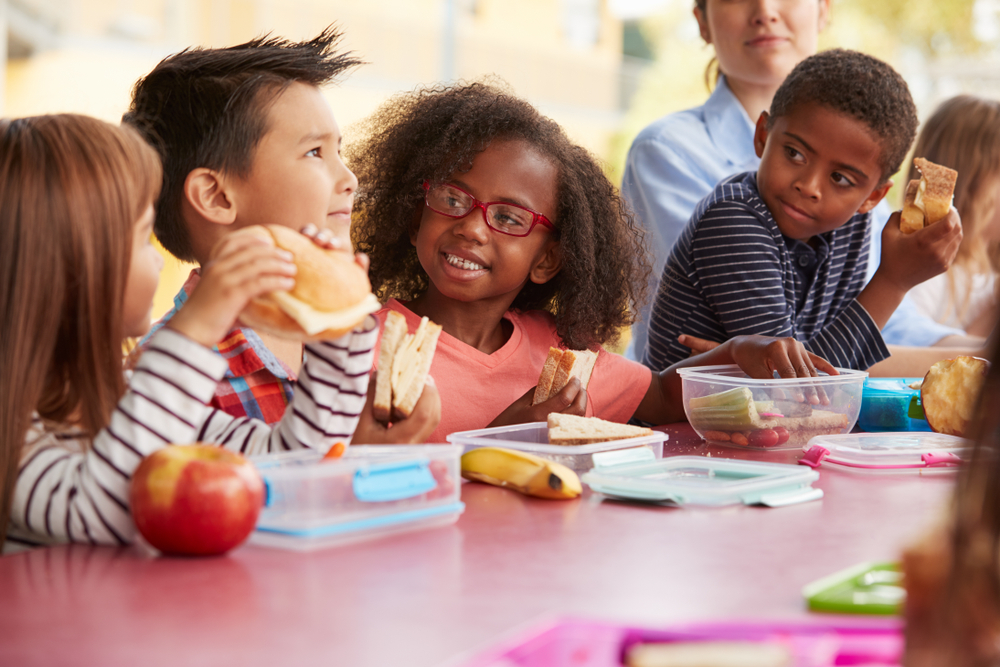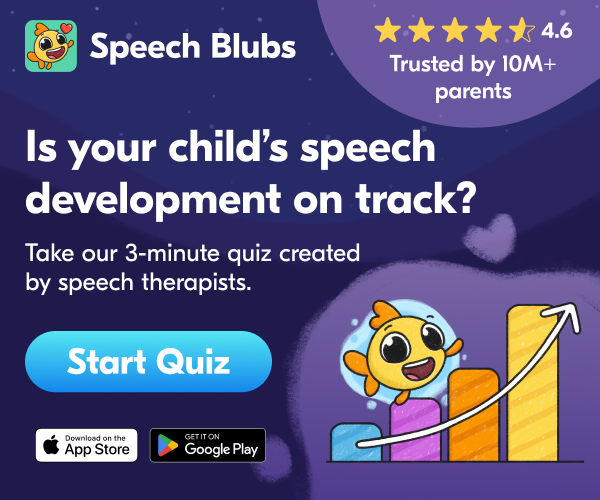What Does ‘Cognition’ Mean and Why Is It Important?
Cognition consists of the mental activities involved in how your child comprehends and receives information presented to them in their environment. It’s all about acquiring knowledge and understanding through thought, experience, and the senses. Some examples of these activities include: remembering, perceiving, judging, reasoning, learning, evaluating.
These activities all play a role in how your child acquires knowledge and how they organize and store this information for active use. How your child plans and problem-solves the stimuli they are presented with determines how they think about this information and the world around them.
Cognition affects higher-order concepts such as your child’s communication development and even their imagination, which is why such educators and therapists put such strict focus on cognition and ensuring that your child develops their cognition optimally and age-appropriately.
Stages of Cognitive Development
Perhaps the best explanation of cognitive development comes from psychologist Jean Piaget and his theory of cognitive development. Though he developed his theory years ago, Jean Piaget’s explanation of cognitive development is still relevant today and explains cognitive development in a way that’s easy to understand.
Piaget's Four Stages of Cognitive Development
1. Sensorimotor Stage (Birth to 2 years)
At this stage, your child acquires knowledge via sensory experiences and by manipulating objects; thus, their entire experience is built through basic reflexes, senses, and motor (movement) responses.
This stage has the most dramatic growth and learning because your child is continually making new discoveries about how the world works and their place in it. Additionally, your child learns how to perform physical actions and the makings of communication with the people with whom they interact.
When your child reaches approximately 5 months of age, the concept of ‘object permanence’ begins to emerge – which is the understanding that objects continue to exist even when they cannot be perceived. This is important, as when children learn that objects are separate entities that can exist on their own, they begin to attach names and words to objects, which is crucial for communication development.
As your child reaches the final part of the sensorimotor stage, early representational thought emerges – that they become able to form mental representations of objects, or symbolically imagine things – as well.
Here are some milestones to look out for:
https://www.youtube.com/watch?v=OnSEFSk5VgQ
2. Preoperational Stage (2 to 7 years)
The foundations of speech and language that were developed in the sensorimotor stage are more intricately developed in this stage, and communication is one of the major hallmarks of the preoperational stage of development.
Another important skill that your child learns in this stage of development is ‘pretend play,’ though they still think quite concretely about the world around them, struggle with logic and taking the point of view of other people, as well as the idea of consistency.

Here are some milestones to look out for:
3. Concrete Operational Stage (7 to 11 years)
Your child is becoming much more adept at using logic, even though they are still quite concrete and literal in their thinking. Egocentrism begins to disappear at this stage, and your child will be better able to think about things from another person’s point of view. They also begin to think about how other people might feel in terms of emotion.
It’s at this stage that your child begins to understand that their thoughts are unique and that not everyone else necessarily shares their thoughts, feelings, and opinions.
Here are some milestones to look out for:
4. Formal operational stage (12+ years)
The final stage of cognitive development involves an increase in your child’s logic capabilities, deductive reasoning skills, and the ability to understand abstract ideas. Your child will become capable of: seeing multiple potential solutions to problems, thinking more scientifically about the world around them, and better understanding others’ point of view.
The ability to think about abstract ideas and situations is a key hallmark of this stage of development, and your child’s ability to systematically plan and reason about hypothetical situations will emerge as well.
Here are some milestones to look out for:
If you’d like to learn more about cognitive development and Piaget’s theory, you can watch this informative video:
https://www.youtube.com/watch?v=IhcgYgx7aAA
How Does Cognition Affect Communication?
Communication and cognition are partners in your child’s development because we use communication to learn new ideas, talk about our thoughts and fears, and interact with the people around us – which are all concepts that develop due to cognition. Ultimately, stronger communication skills mean stronger cognitive skills, and vice versa.
If we look at the cognitive skills mentioned at the beginning of the article, you can see exactly how cognition affects your child’s communication development.

You Can Help Develop Your Child’s Cognition
A fantastic resource that you can use to learn how you can assist your child’s cognitive development in your home during everyday activities is this video:
https://www.youtube.com/watch?v=WFv_ektM7sc
Additionally, here are some other activities you can do with your child to promote their cognitive development and their communication development by association:
In addition to these tips, you can download our Speech Blubs app and work on some of our fantastic communication-centered activities. We’ve made sure that all of our activities are developed with cognition in mind so that your child gets the very best out of their learning experience.
 By Natalie Barnes
By Natalie Barnes

